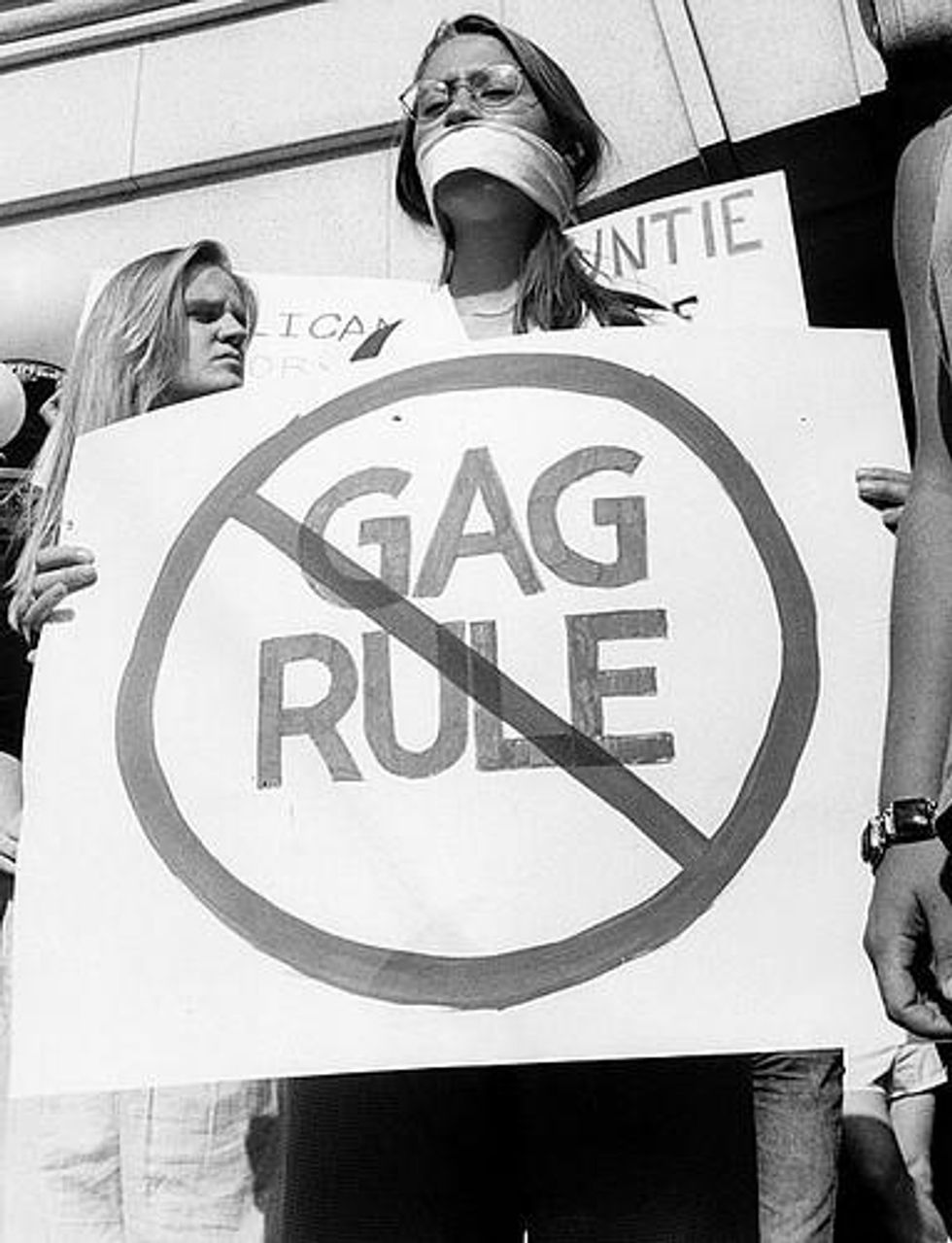Global health did not come up in Monday night's final presidential debate, which focused on U.S. foreign policy. Both candidates, however, made reference to women's issues, primarily voicing support for women's empowerment in the Middle East.
President Obama's remarks reflected what has become a pillar of his administration's views on foreign policy and international assistance--a strong and integrated focus on women and girls. As the president explained, "because these countries can't develop unless all the population, not just half of it, is developing." And then later, "These countries can't develop if young women are not given the kind of education that they need."
Such statements represent the success of Secretary of State Clinton's work to normalize the inclusion of women, girls, and gender equality as a cross-cutting principle central to the State Department's goals.
Even Governor Romney cited "gender equality" as a key element of how the U.S. could "help the Muslim world."
Perhaps his most quotable quip of the evening, the president took aim at Governor Romney for what he described as a dangerously outdated view of the greatest threats to our nation:
"In the 1980s, they're now calling to ask for their foreign policy back because, you know, the Cold War's been over for 20 years."
For supporters of women's health, this zinger hit home, harkening to another 1980s policy, the global gag rule.
Governor Romney has regularly stated on the campaign trail that he would "reverse the president's decision on using U.S. funds to pay for abortion outside this country" by reinstating the Mexico City Policy, also known as the global gag rule. This is a misleading claim to say the least, considering that U.S. policy already prohibits foreign assistance to fund abortion overseas under the Helms amendment to the Foreign Assistance Act. The global gag rule is a more extreme restriction that denies U.S. foreign aid to any organization that provides or refers for abortion services or advocates to expand access to safe and legal abortion, even with their own funds.
The effects of this policy are onerous. The global gag rule cuts women off from some of the most experienced and reliable health care providers (those that provide comprehensive services, including safe and legal abortion), ultimately limiting women's access to preventive care, including birth control and cancer screenings. It undercuts the doctor-patient relationship, forcing doctors to withhold information about legal services to women who wish to know all of their options about a pregnancy. And it undercuts our international diplomacy and the promotion of democracy by limiting freedom of speech as a condition of receiving foreign aid. Americans do not like the idea of politicians in Washington making health care decisions for them. And they do not like politicians in Washington making health care decisions for women in other countries either. These are among the reasons President Obama, during his first week in office, lifted the global gag rule that had most recently been in place since President Bush's first week in office.
The stark difference in the candidates' views on issues of global reproductive health and rights does not end at the global gag rule, but rather spans a number of major areas of human rights and international development.
The Democratic platform states the value of U.S. support for international family planning, while the Republican platform focuses on the international fight against HIV/AIDS as the extent of its global health discussion.
Despite no mention of international family planning, the Republican platform does reiterate support for the global gag rule and opposition to the United Nations Population Fund (UNFPA). Congressman and Republican vice presidential candidate Paul Ryan also has a consistent voting record against international family planning and UNFPA, and in favor of the global gag rule.
Women's health has not always been a partisan issue. Indeed, global health has enjoyed bipartisan support in recent years, with broad recognition that such programs are not only compassionate, lifesaving, and extremely successful but also very strategic and a low-cost investment with large payoffs for national security goals. Given the recognition that these health investments have across all parts of Congress, it is too bad that women are left out of the equation.



